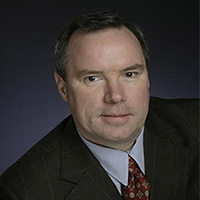Maple Valley Trusts Lawyer, Washington, page 3
Sponsored Law Firm
-
 x
x

Click For More Info:
-
Lyons | Sullivan
10655 NE 4th Street, Suite 704 Bellevue, WA 98004» view mapEstate Serving The Best Interests Of Our Clients
Our estate planning services enable clients to take control and achieve their goals regarding the disposition of their property.
800-731-8671
Watson Bayard Blair
Wills & Probate, Trusts, Estate, Corporate
Status: In Good Standing Licensed: 42 Years
Neal Aviron Stender
Litigation, Intellectual Property, Trusts, Family Law
Status: Inactive Licensed: 34 Years
 David Lyons Bellevue, WA
David Lyons Bellevue, WA AboutLyons | Sullivan
AboutLyons | Sullivan Practice AreasExpertise
Practice AreasExpertise
